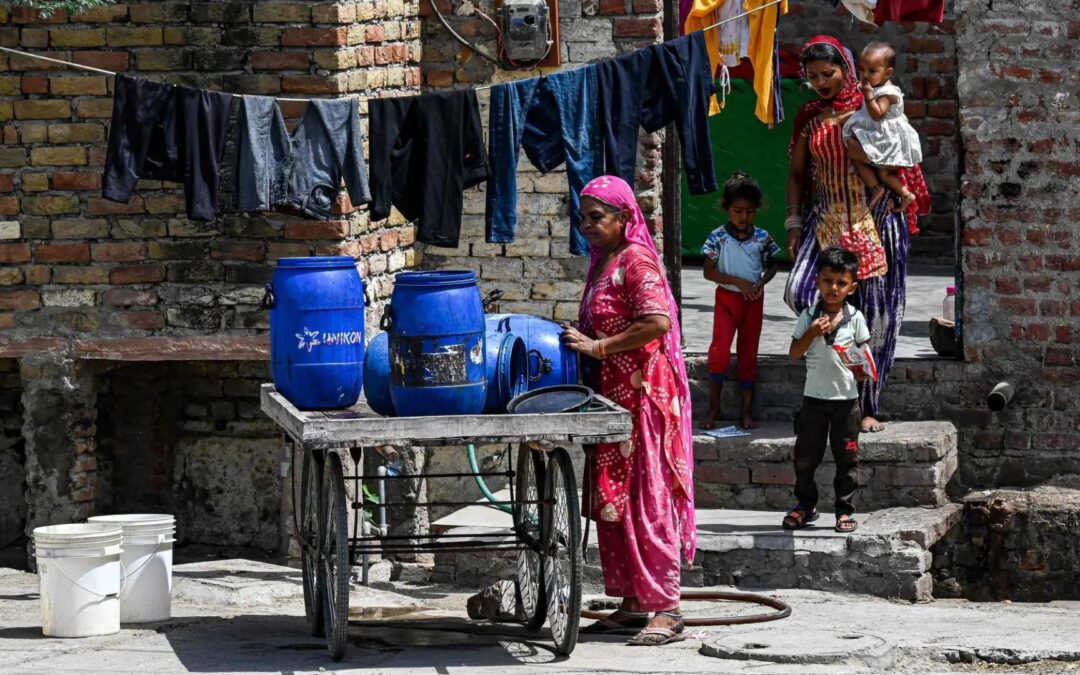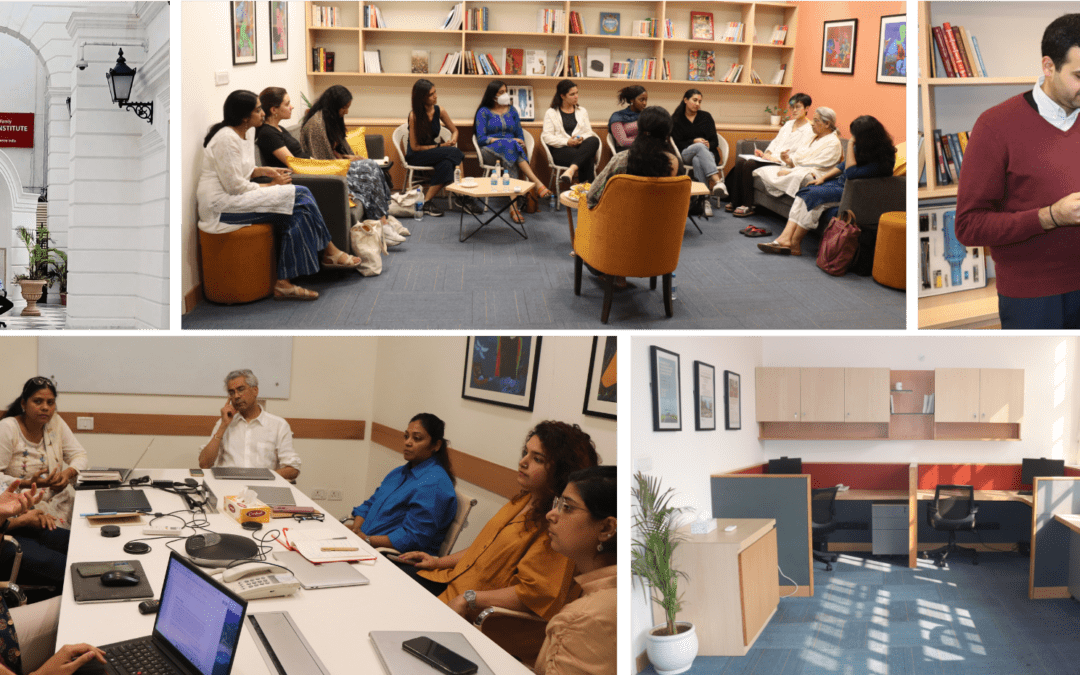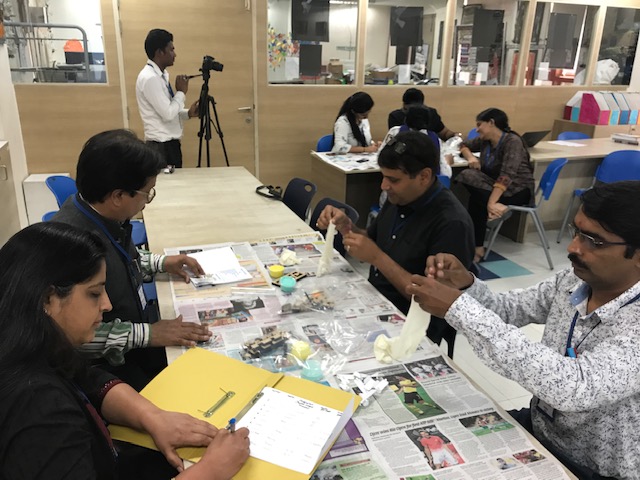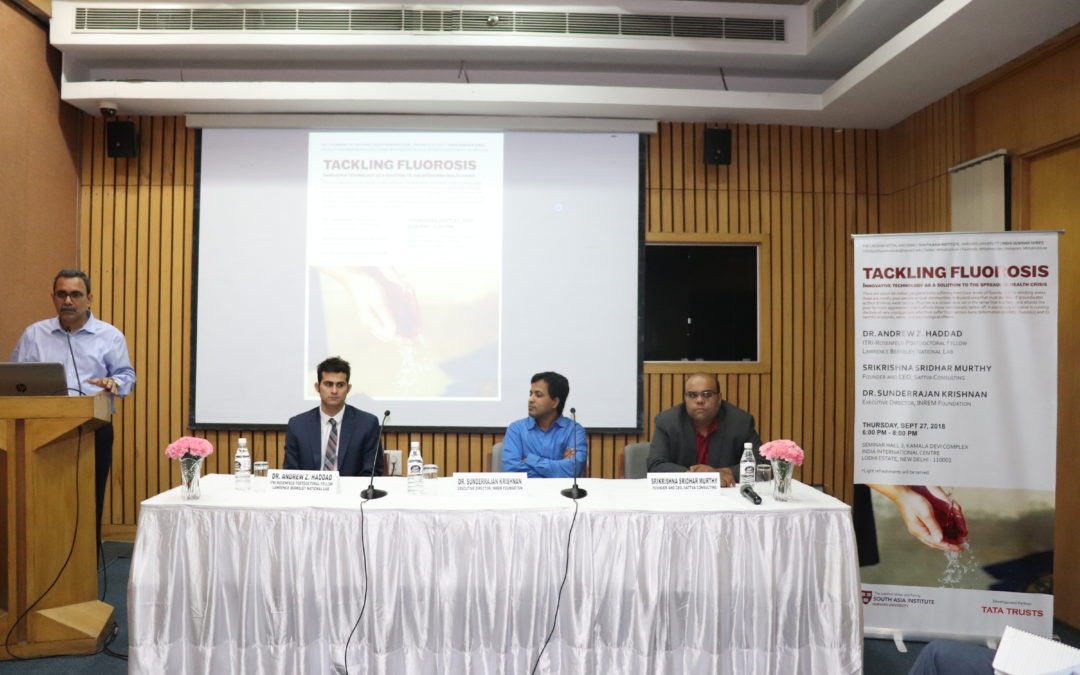Anu K. Antony, Raghunathan Family Fellow, Travels to Peru to Explore the Transnational Migration of Malayali Catholic Nuns

Anu K. Antony, Mittal Institute Raghunathan Family Fellow 2023-2024, set off to Peru to understand why more and more Syrian Catholic nuns from Kerala travel to South America for mission work. Apart from the ethnographic fieldwork, there was also some downtime for sightseeing and friendly encounters with Peru’s four-legged national symbols. Read her travelogue!







